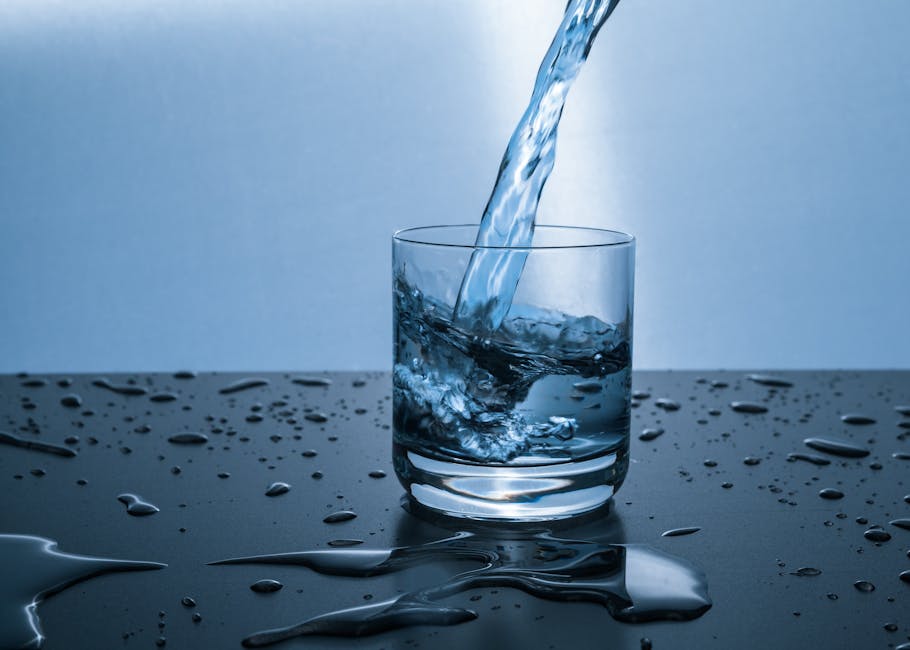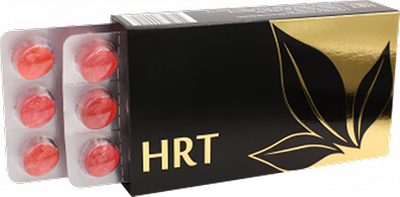
This message shares valuable health information, particularly concerning hydration and emergency heart care protocols, as explained by a cardiologist.
Many people avoid drinking water before bed to prevent waking up for bathroom trips. However, there's a physiological reason behind increased nighttime urination, especially in older individuals.
According to a cardiologist, when you are standing or sitting, the force of gravity causes water to accumulate in your lower body, which can lead to swelling in the legs. When you lie down, your body's fluids redistribute, and your lower body achieves a better balance with the kidneys. This position makes it easier for the kidneys to efficiently filter and remove excess water along with waste products from your system. Water is crucial for effective waste removal from the body.
Optimizing Water Intake
To maximize the body's efficiency, the cardiologist suggests specific times for water consumption:
- Upon Waking: Drink 2 glasses of water right after waking up to help activate internal organs.
- Before Meals: Consume 1 glass of water approximately 30 minutes before each meal to aid digestion.
- Before Bath/Shower: Have 1 glass of water before taking a bath or shower; this can help lower blood pressure.
- Before Bed: Drinking 1 glass of water before going to bed is said to help prevent strokes or heart attacks. Additionally, it can help prevent leg cramps during the night, as leg muscles experiencing cramps are often seeking water and moisture.
Aspirin & Heart Health
Daily Aspirin Regimen:
If you take aspirin daily, it is often recommended to take it at night. This is because aspirin has an approximate "half-life" of 24 hours. By taking it before bed, the aspirin in your body will be at its peak concentration in the morning, which is when most heart attacks are statistically known to occur.
While aspirin can last for many years, older pills may develop a vinegar-like smell, indicating they might no longer be effective.
Emergency Heart Attack Protocol:
It is advisable to keep aspirin readily accessible, perhaps on your bedside table. Beyond the well-known pain in the left arm, there are other important symptoms that can indicate a heart attack:
- Intense pain in the chin and jaw.
- Nausea.
- Heavy sweating.
It is crucial to note that it is possible to experience a heart attack without any chest pain.
If you ever wake up to intense chest pains, immediately:
- Swallow two aspirins with a little water.
- Call for emergency help (e.g., dial emergency services) and clearly state "heart attack!" and that you have taken two aspirins.
Back to Table of Contents
ADVERTISEMENT

Nourish Your Heart with HRT by APLGO!
Support your cardiovascular health with HRT, APLGO's delicious lozenge drops made from a powerful blend of heart-healthy natural botanical extracts like Grape, Pomegranate, and Hawthorn flower. These innovative Acumullit SA® drops are designed for fast, direct absorption, helping to maintain normal blood pressure, enhance your response to exercise, and protect your heart's well-being as part of your healthy lifestyle.
